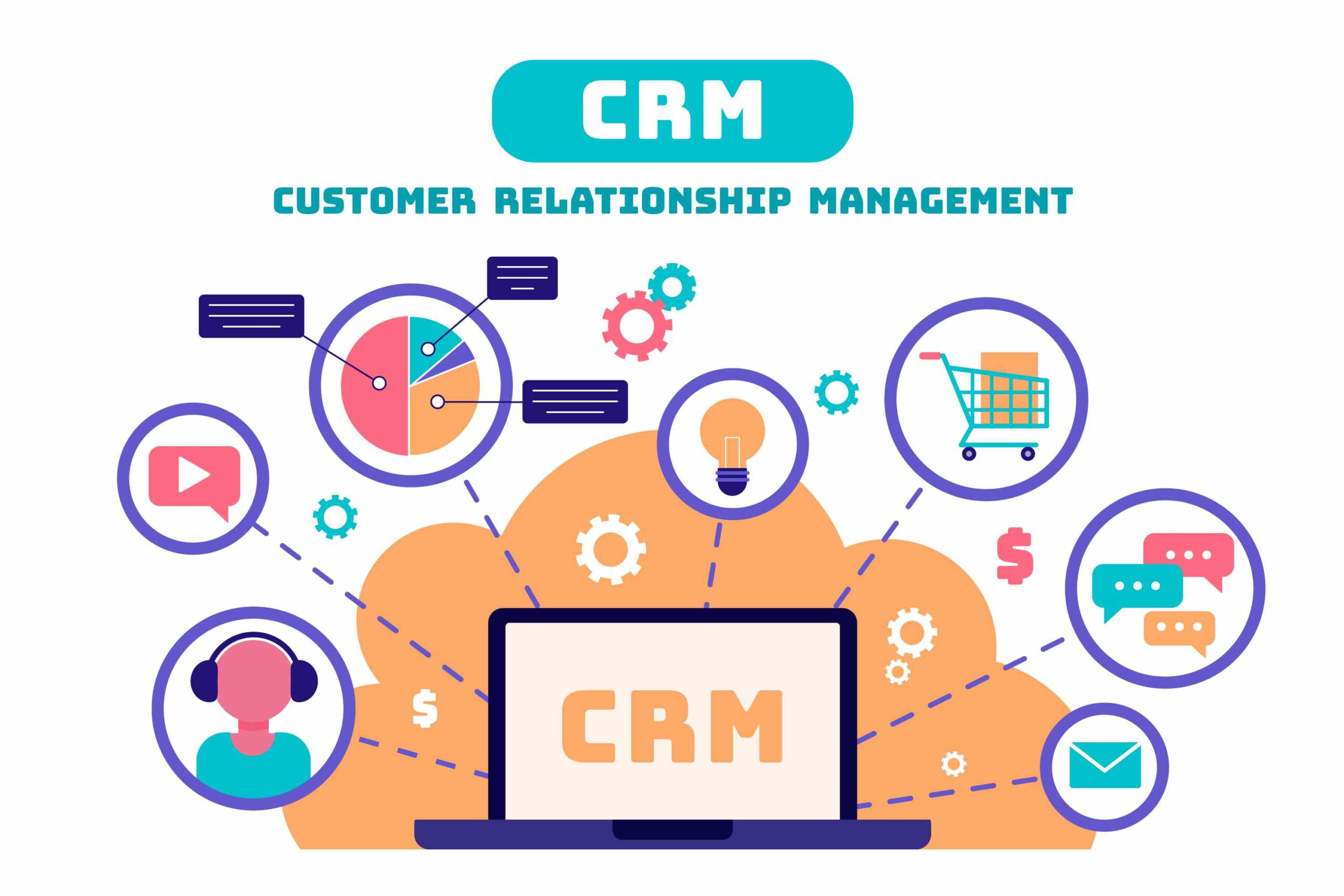Introduction
In the ever-evolving realm of business, Customer Relationship Management (CRM) systems stand as pivotal tools, shaping how organizations engage with customers. This blog is a comprehensive exploration of CRM integrations, shedding light on their diverse uses and the various types of CRM systems available. From enhancing customer interactions to streamlining internal processes, discover the transformative power of CRM integrations.
Understanding the Uses of CRM Integrations
-
Enhancing Customer Interactions: Delve into how CRM integrations elevate customer interactions. Explore the role of integrated communication channels, personalized messaging, and omnichannel engagement in fostering lasting customer relationships.
-
Streamlining Sales and Marketing Efforts: Explore how CRM integrations boost sales and marketing strategies. Discuss lead management, automated workflows, and targeted marketing campaigns that optimize the entire customer journey.
-
Improving Internal Collaboration: Highlight the impact of CRM integrations on internal collaboration. Discuss how shared customer data, task automation, and streamlined communication processes enhance cross-departmental coordination.
-
Optimizing Customer Support: Discuss how CRM integrations contribute to efficient customer support. Explore features like ticketing systems, customer history access, and real-time communication that elevate the support experience.
Exploring Different Types of CRM Systems
-
Operational CRM: Define operational CRM and its focus on streamlining day-to-day business operations. Explore how it manages customer-facing processes such as sales automation, marketing automation, and service automation.
-
Analytical CRM: Delve into the analytical capabilities of CRM systems. Discuss how analytical CRM processes and analyzes customer data to provide insights, improve decision-making, and enhance overall business strategies.
-
Collaborative CRM: Explore the collaborative aspects of CRM systems. Discuss how collaborative CRM fosters communication and interaction between different departments, ensuring a unified approach to customer relationships.
-
Campaign Management CRM: Highlight the role of CRM systems in campaign management. Discuss how these systems facilitate the planning, execution, and tracking of marketing campaigns, ensuring a targeted and data-driven approach.
-
Strategic CRM: Define strategic CRM and its long-term focus on building sustainable customer relationships. Discuss how strategic CRM aligns with overall business goals and contributes to customer retention and loyalty.
The Integration Journey: CRM and Communication Channels
-
Email Integration: Explore the integration of CRM systems with email platforms. Discuss how this integration improves email tracking, automation, and personalized communication.
-
Phone and VoIP Integration: Highlight the benefits of integrating CRM with phone and Voice over Internet Protocol (VoIP) systems. Discuss how this integration enhances call tracking, customer data capture, and overall communication efficiency.
Customizing CRM for Business Needs
-
Tailoring CRM for Specific Industries: Discuss the importance of customizing CRM systems for specific industries. Explore examples and insights on how CRM can be tailored to meet the unique needs of businesses.
-
Scalability and Flexibility: Emphasize the scalability and flexibility of CRM systems. Discuss how businesses can adapt their CRM solutions as they grow, ensuring the system evolves with changing requirements.
Security and Compliance in CRM Integrations
-
Ensuring Data Security: Discuss the critical need for data security in CRM integrations. Explore encryption, access controls, and other measures to protect sensitive customer information.
-
Compliance with Regulations: Explore considerations for compliance with data protection regulations and industry-specific requirements. Discuss the importance of adhering to legal standards in customer data management.
Future Trends in CRM Integrations
-
Artificial Intelligence (AI) Integration: Discuss the growing role of AI in CRM integrations. Explore how AI enhances predictive analytics, automation, and customer insights for a more intelligent CRM experience.
-
Integration with Emerging Technologies: Explore future possibilities with emerging technologies. Discuss the potential impact of CRM integrations with augmented reality, virtual reality, and other innovative Business communication channels.
Conclusion
In the dynamic landscape of business, CRM integrations emerge as catalysts for customer-centric success. Whether optimizing sales, marketing, or support processes, the diverse uses of CRM integrations are vast. Combine this understanding with insights into different types of CRM systems to tailor your approach and propel your business into a future where customer relationships drive sustained growth and innovation.


